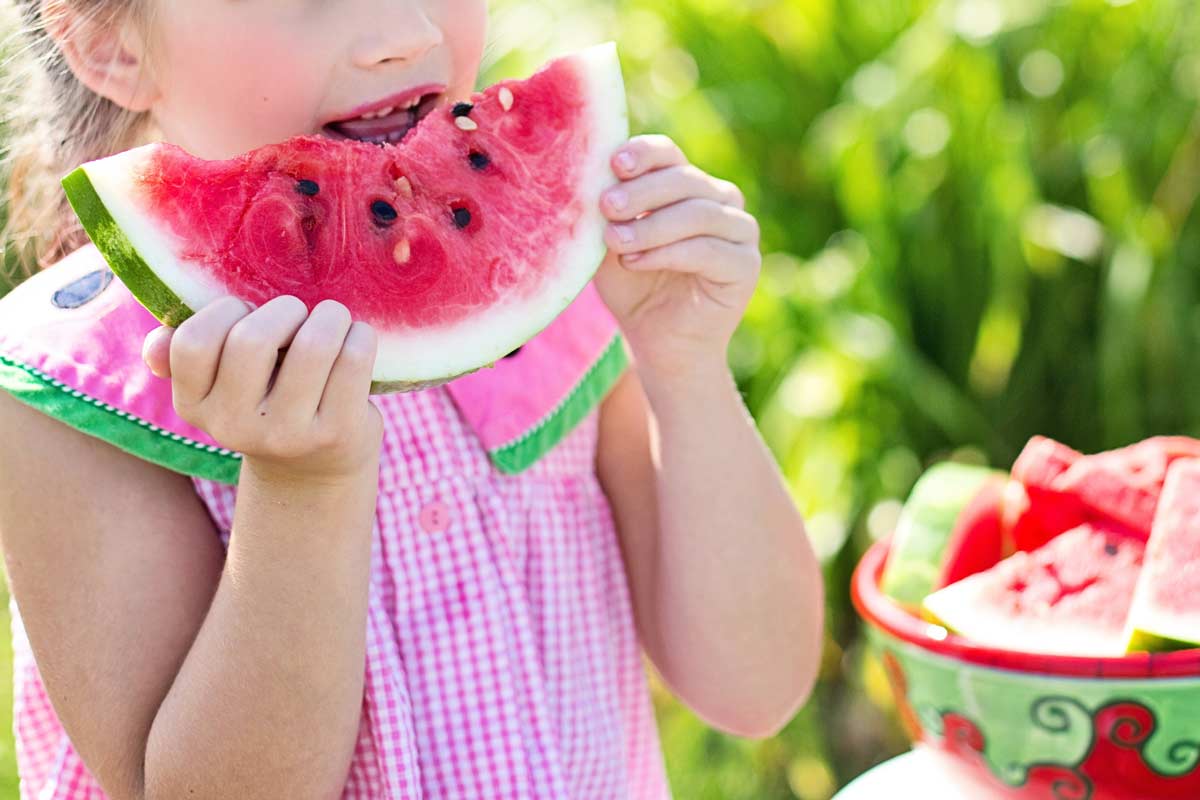Healthy Households
It is school holidays for many states and territories right now. However as the final term looms its head, for parents and guardians the thought of school lunches and meal preparation may ensue. It is common for parents/guardians to become anxious about preparing school lunches and what to make for breakfast, dinner and snacks to appease their fussy eaters and nourish their families.
With only one term left of school, it’s important to continue to offer children smart options that teach them healthy habits and a positive relationship with food. As early habits influence adult eating behaviours more than we realise.
Although all children are different, there are a number of commonalities I have witnessed from all of the family consultations and school programs I’ve facilitated.
Here are a few of my observations:
Firstly, to all parents, you are doing the best you can so this advice is offered with love and kindness and with all due respect.
Fussy eating in many cases is a phase children grow out of; and if they don’t it’s okay as most WILL eventually eat when they are hungry.
Hunger is not measured by time. Adults may be used to eating meals at 7am, 12pm and 7pm; perhaps with snacks in between, but children’s digestion doesn’t operate this way.
Children are usually hungrier during physical growth spurts and will eat less in other developmental phases. So it’s normal for the quantity of food eaten to change week to week or day to day.
Stressing over your children’s eating behaviours can exacerbate their eating patterns.
Force feeding or rewarding children with food usually undermines every healthy eating pattern.
Children model parents eating style. Whether there’s one parent or four parents, you can’t expect a child to eat their daily requirement of vegetables if they are not seeing their parents or guardians do it.
Regularly involving children in food preparation and cooking from an early age enhances bonding, trust, provides children with crucial life skills and teaches children to value food.
Possibly the most important:
Children see everything! Children learn body issues from their nearest and dearest. If parents, guardians and older siblings complain about a fat belly and thighs, or are obsessive about weight; children usually grow up to be this.
About the author:
Sharon Brooks lives and breathes health and wellness. She is a Registered Nutritionist with 6 years university study dedicated to nutrition and food and 14 years industry experience. Sharon provides health and wellbeing solutions to businesses, food companies and schools; and considers herself lucky to have been consulting to Living Pure for the past 2 years. Sharon has written over 100 articles that have appeared in the Herald Sun, Body and Soul and The Age Magazine, appeared on channel 9 news, been interviewed by Gold 104.3 as the wellness expert and facilitated a number of workshops, seminars, market nutrition tours and individual consultations. She will promote healthy living anyway she can.
Posted on September 26, 2018





